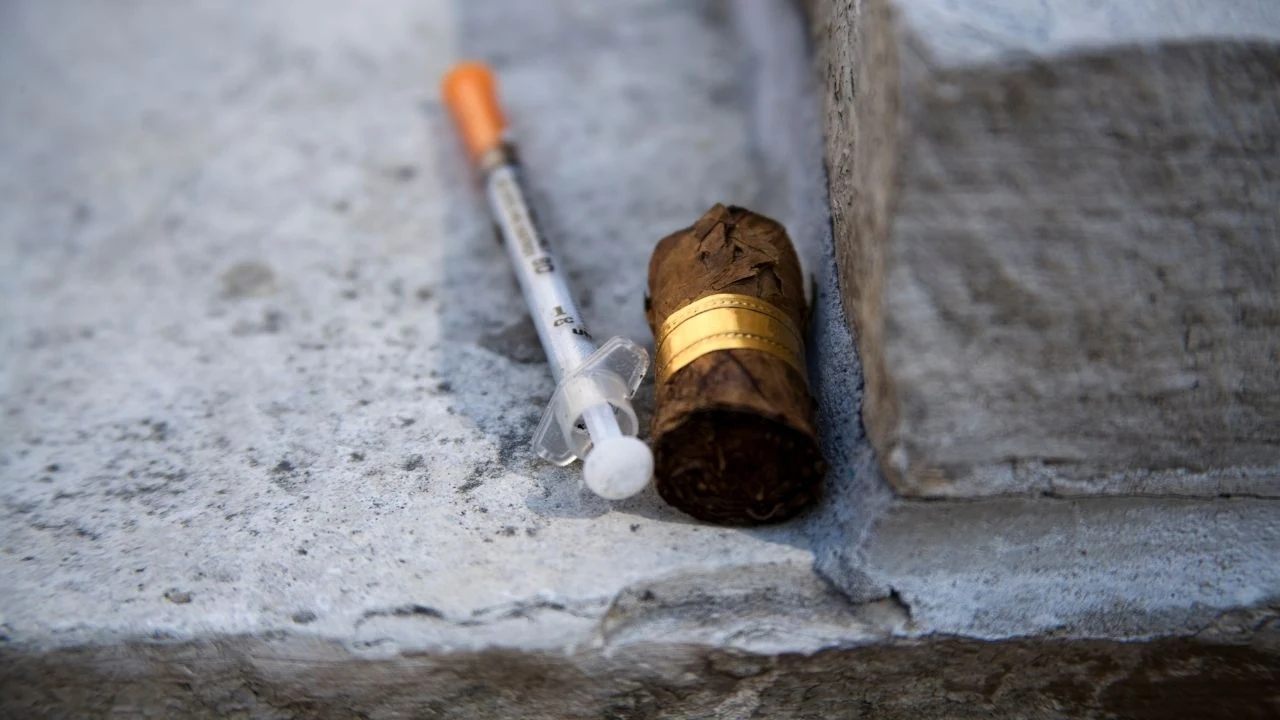
|
Your Concern
Young people from all backgrounds may be tempted to smoke, drink and take drugs. Your biggest worry may be the risk to your children from drugs and alcohol. This concern can lead you believe that
- using any kind of drug automatically leads to addiction;
- if your children use drugs, then you are bad parents;
- drugs cause social problems; and
- everyone else sees drug use as evil.
These feelings can cause communication problems between you and your children on drug issues. Parents often can't understand why children would want to use drugs.
You may feel nervous talking to your children about drugs and are unsure what approach to take. You may think the following:
- You don't know anything about drugs.
- You don't know what to do if your child is using any kind of drug.
- You don't know what signs to look out for.
- You don't know how to raise the issue with your child.
- You don't know where to get information.
It's important to start talking to your child as early as possible to develop a trusting relationship. This helps to protect them against substance abuse. If a family member has had an addiction, your child's risk of developing a problem is higher, so it is even more important to talk them about it.
Your First Steps
- Educate yourself about drugs.
- Set an example.
- Set clear boundaries.
- Always keep lines of communication open.
Set an example.
You expect your children to do what you say, but they will do what you do. The way you use alcohol, tobacco and medicines in your home will influence how they behave towards drugs.
What kind of messages do you give your children if you do any of the following?
- Pour yourself a whiskey as you walk through the door after a hard day at work.
- Smoke cigarettes.
- Come home tipsy from dinner, drinks parties or the pub.
- Keep popping pills every time you have a headache.
What You Can Do As a Parent
You are the role model for your children, and they learn from your actions. For example, children whose parents smoke are twice as likely to start smoking themselves, compared to those with non-smoking parents.
It's best to give up smoking before your children reach the age of 12, as they will still be in the 'anti-smoking' phase. This will mean they will be receptive to your good example and can also support you in giving up.
The more you look after yourself, the more your children will learn valuable lessons from what you do. Set clear boundaries about what is acceptable in your family. Many parents fear confrontation, but children actually feel safer and loved when you set clear rules.
Setting up and enforcing rules is not easy. You may worry that strict rules will alienate your children. Research shows that young people are less likely to use tobacco, alcohol or other drugs if their parents set firm rules about not doing so.
You also need to be clear about what will happen if they break the rules. Try not to overreact with harsh punishments, as this will cause resentment and undermine the rules. You should link the punishment to the rule broken, for example if you catch your daughter smoking with her friends, ground her from social activities for a period of time.
Make sure your children know what the punishment will be before they choose to break the rules, and make sure that you follow through with it. Talk to your children. Tell them how disappointed you would be if they started smoking cigarettes or cannabis and why. Have an open discussion about the dangers of different drugs.
You can explain that cannabis interferes with concentration, memory and movement, and that it can affect their school work; or that alcohol can make you feel sick and have a terrible headache the next day. Always communicate in a loving and supportive way.
Perhaps negotiate the punishment with children in advance so they consider it fair (and honest)?
This material is being reproduced under Public Sector Information (PSI) Licence for Re-Use of Information.
Reference:
Drugs.ie, The Ana Liffey Drug Project, Health Services Executive (HSE) (n.d.). Prevention. Retrieved 7 February 2018 from www.drugs.ie
